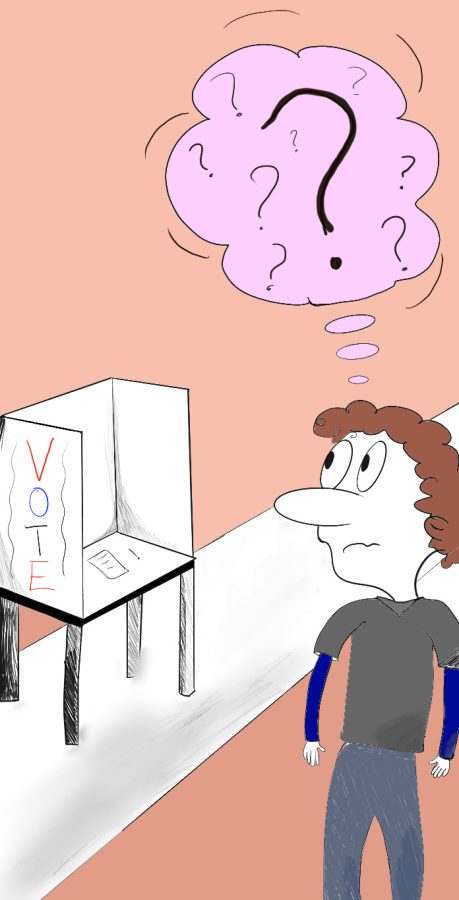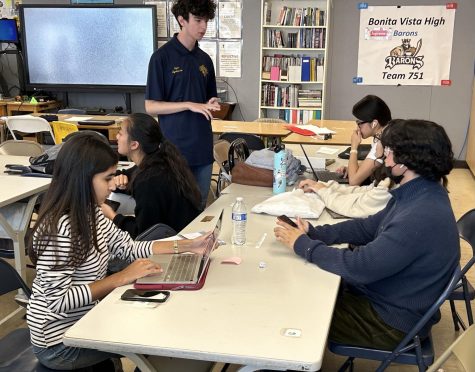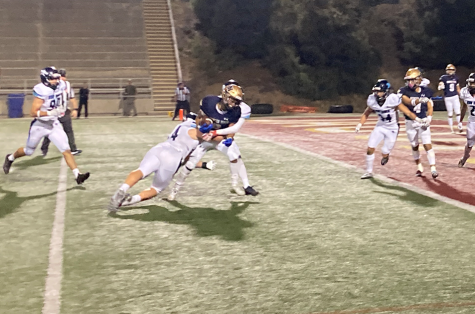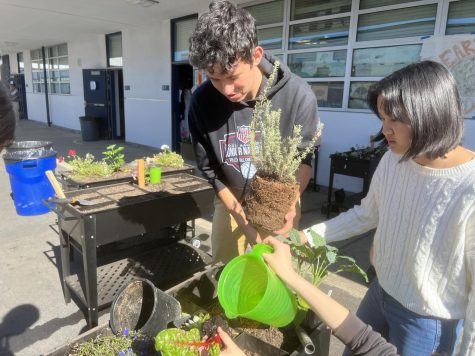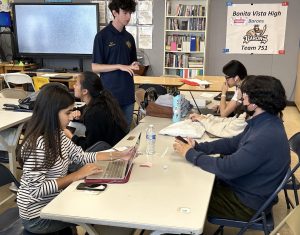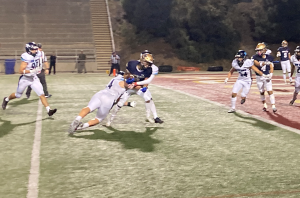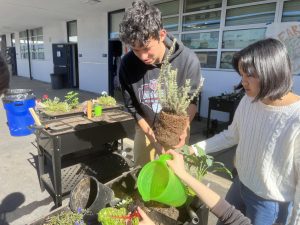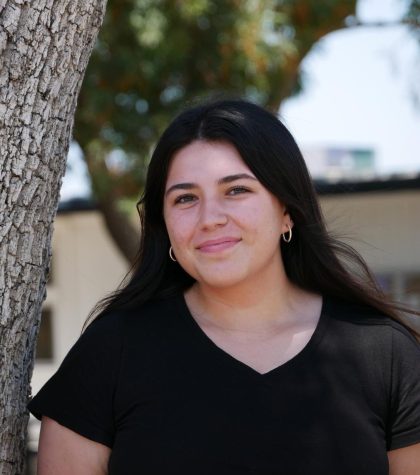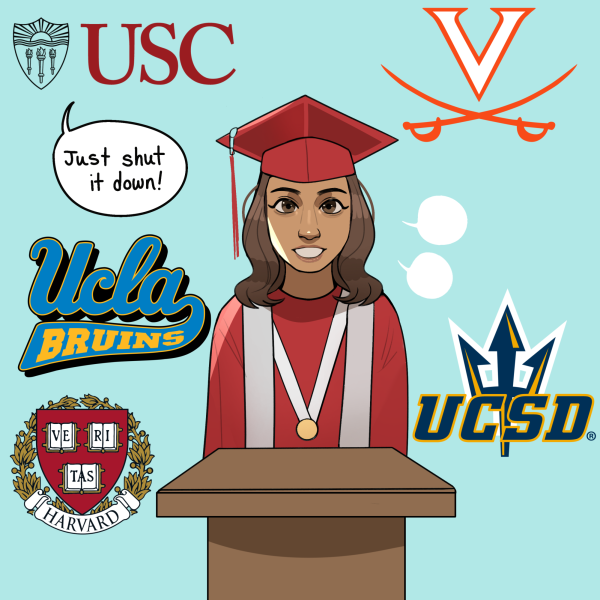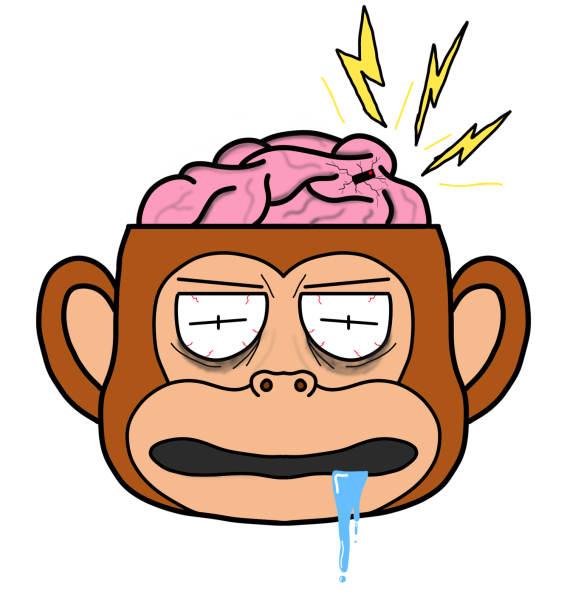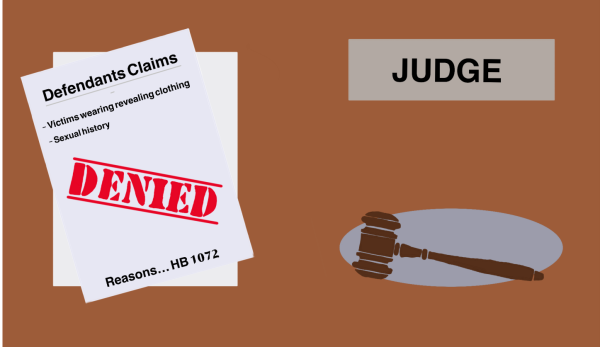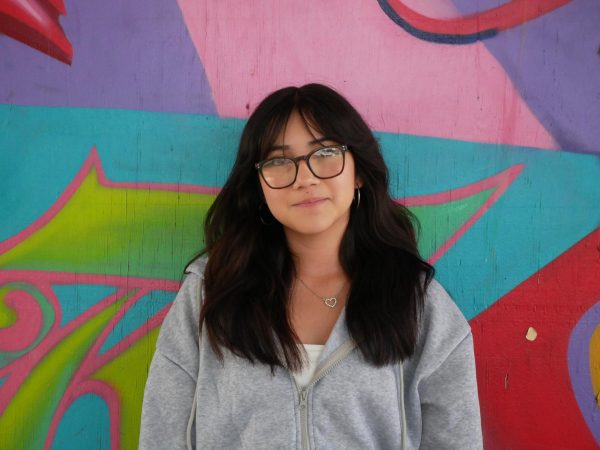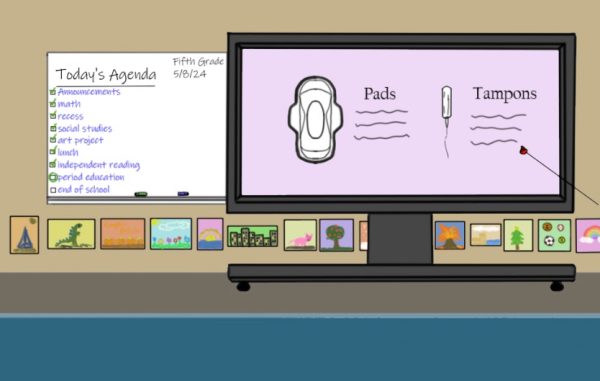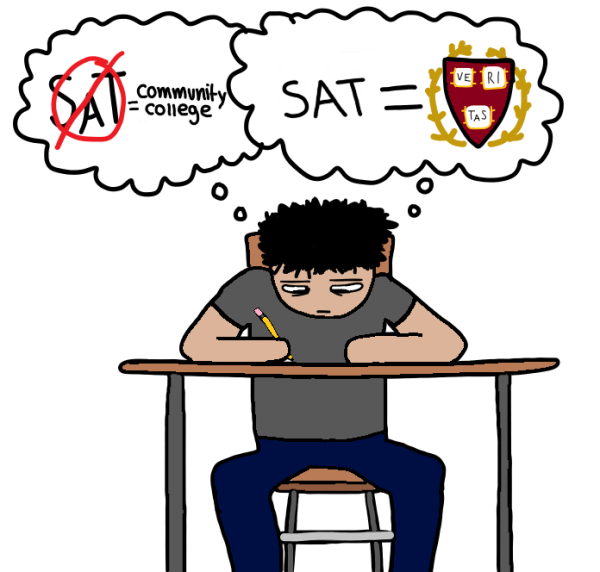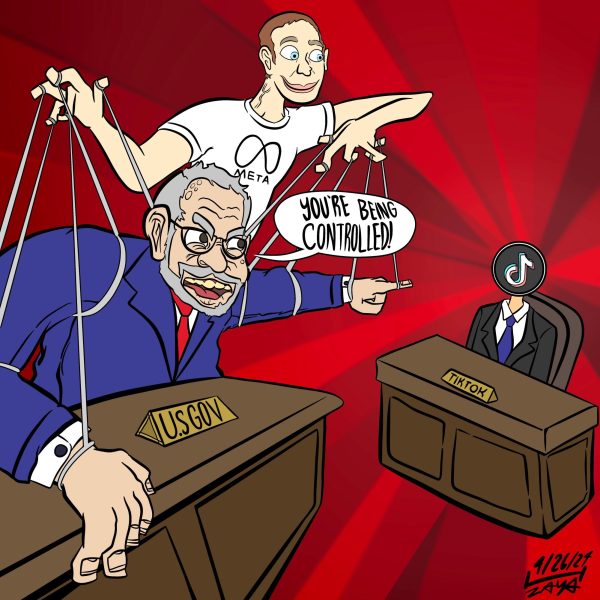Knowledge for the vote
The importance of encouragement and informed voting for young people
Students may go to a registration stand but once they arrive they do know what to do. If younger generations are more informed they can make better decisions when it comes to voting.
November 9, 2022
With midterm elections coming up on November 8, the importance of young people registering to vote is urgent. Before students reach 18 years of age, they begin to receive information about registering. However, many are reluctant to do so because of their lack of political knowledge and confusion about picking a political party that best matches their ideologies.
High school students are only a couple of years or even a few months away from the legal age to vote and may be asking themselves how their participation could make a difference in our government. In this constantly changing world, it has become increasingly important for those approaching the age to register to vote in order to be able to participate in the elections as soon as they turn 18. With that, it is even more important for them to be educated about what ideas their leaders support as this is the easiest way for their voices and demands to be heard.
Data from polls in the article, “Youth Who Learned about Voting in High School More Likely to Become Informed and Engaged Voters”, by Sarah Andes show that 26 percent of people (between the ages 18-29) who weren’t encouraged to vote in high school picked “Voting is a waste of time” while only 12 percent of those who were encouraged to vote in high school shared the same opinion. The major attitude differences between those who think voting is a waste of time compared to those who do not is quite surprising, as opinions are what drive a democracy.
Not only does this show the lack of participation from young people but it also reveals the collective unsure feelings between them that could be resolved with more knowledge as it will make them feel more confident in their decisions. If young people believe voting is a waste of time, there may be a myriad of issues they are passionate about that will go unseen in government.
As teens transition into young adults, they are more aware of issues plaguing the news and many have strong opinions on certain policies for example, abortion issues, but may not have enough information on how to effectively change them. Oftentimes, the media is seen encouraging protest and walkouts, effective ways to spread awareness, but is only a small piece of the solution. There must also be a base established and a grasp on basic concepts in politics in order to eliminate the bandwagon effect—where people alter their opinions to the majority view regardless of their own beliefs.
Andes further shows that without the encouragement in high school, 25 percent of people (between the ages 18-29) believed that they didn’t know enough to vote while only 15 percent of people who did have encouragement agreed to that statement.
Historically, those between the ages 65 to 75 have had the upper hand as their voting rates are higher. Some reasons for this may include that they have more time than younger people to research the issues and candidates as they may be retired unlike younger people who have jobs, they have permanent residency and are more likely to be registered, or know when elections will take place and know how to vote. When tackling current issues as a whole, the majority of people in older generations have traditional views contrary to those of the younger demographic which may create unfair policies and laws that would more severely impact the younger generation.
According to the article, “2020 Presidential Election Voting and Registration Tables Now Available” by Jewel Jordan, “Voter turnout was highest among those ages 65 to 74 at 76.0 percent, while the percentage was lowest among those ages 18 to 24 at 51.4 percent.”
This creates an advantage for conservative thinking to dominate a society that is currently moving into more progressive thinking. This can create conflict because current needs won’t be addressed. Being able to advocate for oneself is important when considering how it will affect the present and the future.
As teens transition into young adults, they are more aware of issues plaguing the news and many have strong opinions…
— Sofia Murillo
According to the article, “Shaped by gun violence and climate change, Gen Z weighs whether to vote” by Mariana Alfaro, “Only 44 percent of voters ages 18 to 29 participated in the 2016 election, an unenthusiastic turnout compared with the 72 percent of voters 65 and older who showed up to vote that year.”
Many believe young people tend to be more politically apathetic. Apathetic is defined by Oxford Languages dictionaries as, “showing or feeling no interest, enthusiasm or concern.” In reality, the opposite has been shown, as youth’s attitudes towards pressing issues, for example, towards climate change have sparked a great deal of attention. It would be incorrect to say that younger people are politically disengaged, but would also be correct to state that they are at a greater disadvantage when it comes to the impression the government has made on them in recent years.
As media is one of the major political socialization agents, young people may feel up against a wall. The younger generations have faced many events at once ranging from the COVID-19 pandemic, LGBTQ+ issues, mass shootings, police brutality cases and gun rights. And even if none of these events were a concern, any form of media would put them on full display. Debates on social media platforms have created a space for an outpour of opinions and for politically unguided people there is confusion on what they support and where the line is drawn.
In a more positive light, Alfaro states “53 percent of young voters participated in the 2020 election, the most-recent presidential election year.” Although numbers are stronger than previous years, they are still lacking against the older demographic. It is clear that recent hardships have driven the passion for change with younger generations. Now, more than ever, young people are seeing firsthand how politics affects their lives and those of others. Although they may feel powerless, they have a great tool to take advantage of.
Voting may seem intimidating because picking a candidate is not as simple as picking a flavor at an ice cream shop. Though there may be candidates to pick from that fit a certain person’s taste, there are more responsibilities attached to choosing a candidate and therefore more for individuals to be informed about. Undoubtedly, whether it be young people, they have many capabilities and may only need some guidance or encouragement to assert their presence in government and demand attention to issues they believe are crucial to today’s society.

